(TN&MT) - The electronic voting results showed that 463/465 delegates voted in favor, showing strong consensus on the Draft Law on Government Organization (amended).
On the morning of February 18, 2025, within the framework of the 9th Extraordinary Session, under the direction of Vice Chairman of the National Assembly Nguyen Khac Dinh, the National Assembly officially passed the Law on Government Organization (amended) with a very high approval rate. Notably, the electronic voting results showed that 463/465 delegates participated in the vote in favor, accounting for 96.86% of the total number of National Assembly delegates, demonstrating strong consensus for this draft law.
Process of passing the Law on Government Organization (amended)
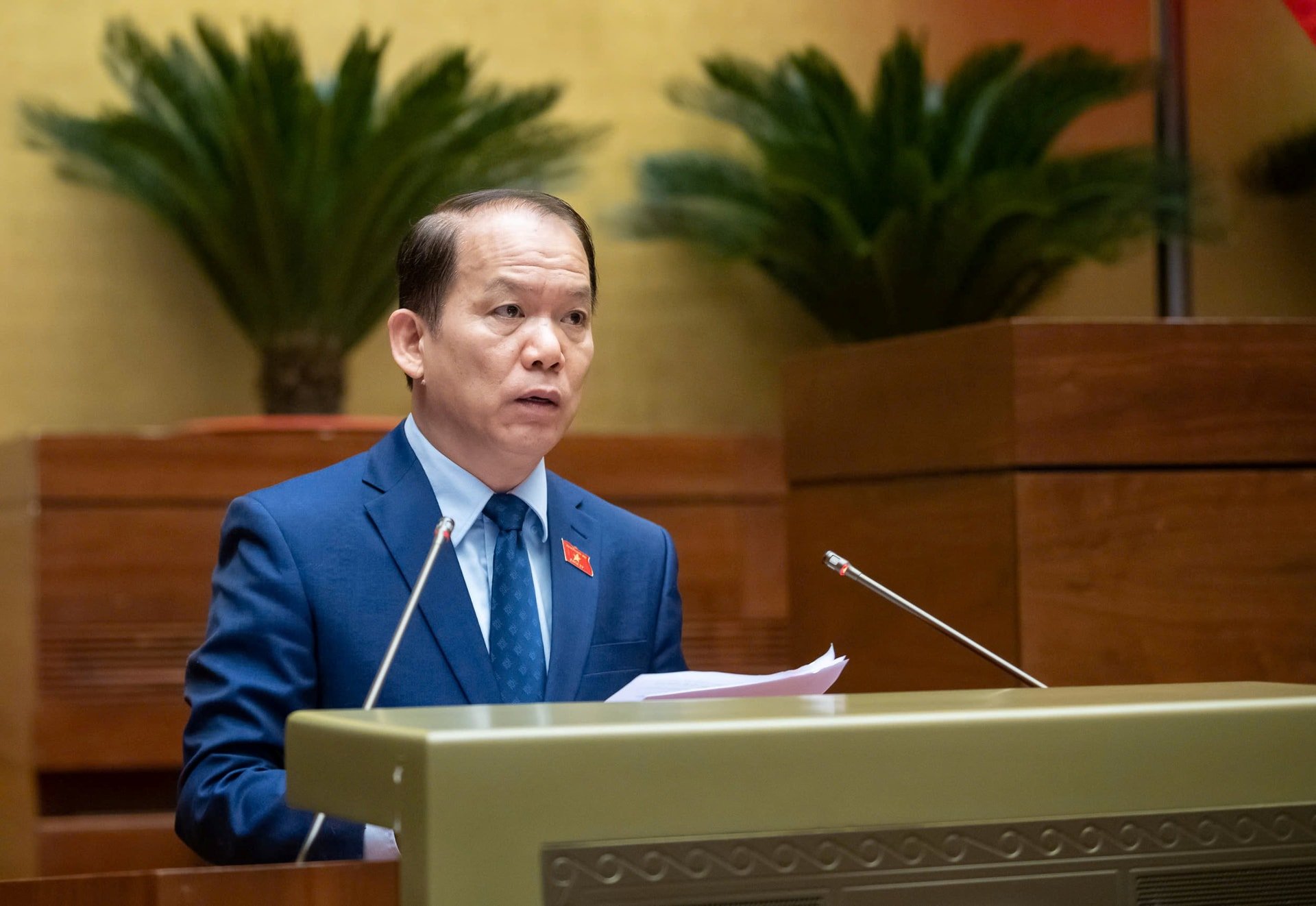
Before voting, National Assembly Standing Committee member Hoang Thanh Tung presented a report explaining, accepting and revising the draft Law on Government Organization (amended). This report clearly stated the points that need to be adjusted and supplemented in the draft law and answered the comments of National Assembly deputies in previous discussion sessions. After listening to the opinions of the deputies, the National Assembly voted and achieved the high results as mentioned.
With the passage of the Law on Government Organization (amended), the National Assembly has completed one of the important law projects to adjust and reorganize the state administrative apparatus, contributing to improving the management and operation efficiency of the Government in the new period.
Important contents of the Law on Government Organization (amended)
The Law on Government Organization (amended) was passed, consisting of 5 Chapters and 32 Articles, clearly defining the functions, tasks, and powers of the Government, as well as the organizational structure of the Government in the coming time.
Position and functions of the Government : According to Article 1 of the Law, the Government is the highest state administrative body of the Socialist Republic of Vietnam, responsible for exercising executive power and is the executive body of the National Assembly. The Government is responsible to the National Assembly and must report on its work to the National Assembly, the National Assembly Standing Committee and the President .
Organizational structure and number of Government members: The Government consists of the Prime Minister, Deputy Prime Ministers, Ministers and Heads of ministerial-level agencies. The structure and number of Government members will be decided by the Prime Minister and submitted to the National Assembly for decision. Accordingly, the Government has the right to establish and abolish Ministries and ministerial-level agencies and submit these issues to the National Assembly for decision.
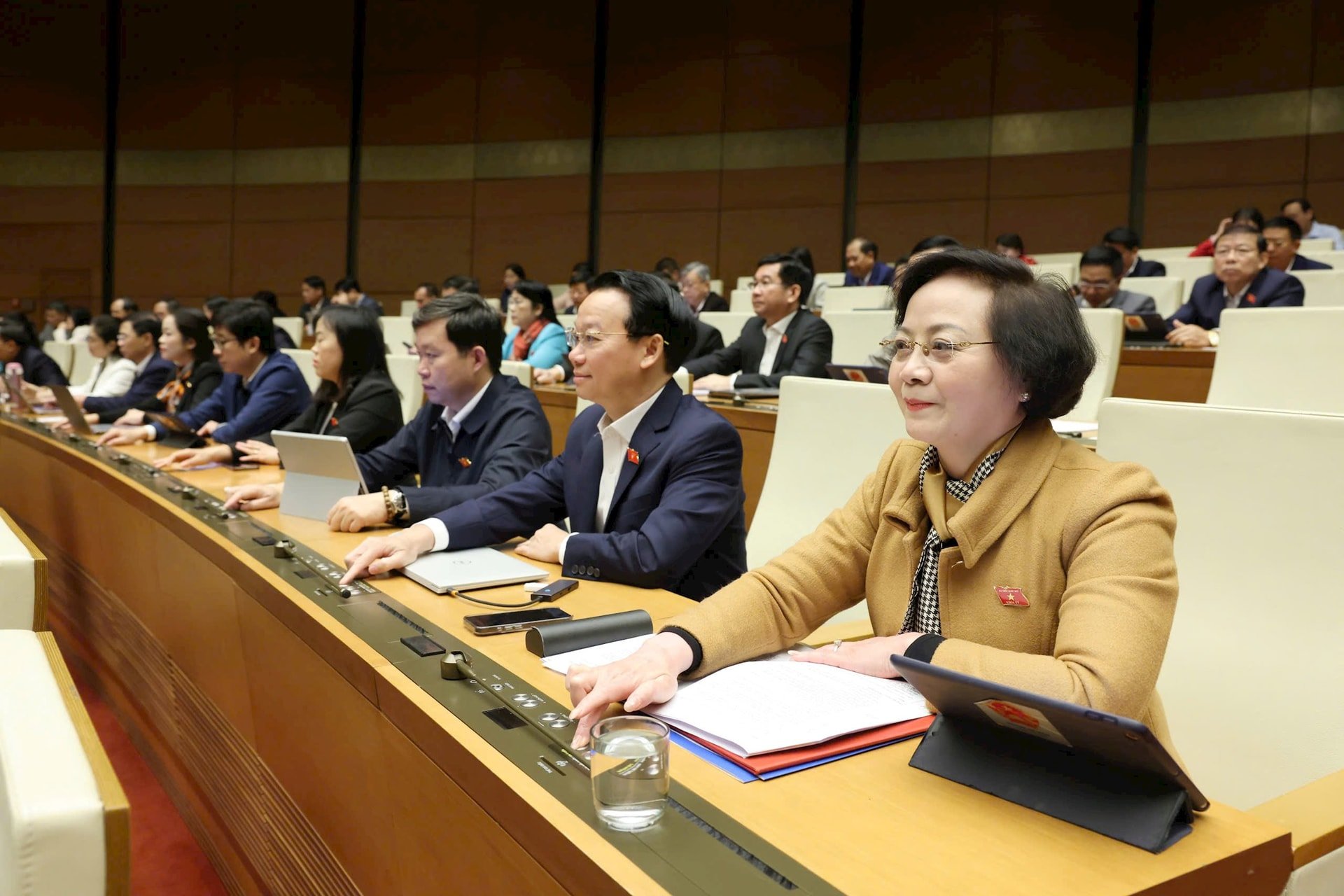
The law stipulates that the term of the Government will last for the same period as the term of the National Assembly, and the Government will continue to operate until the new National Assembly elects a new Government.
Principles of Government organization and operation: Regarding the principles of organization and operation, the Law on Government Organization (amended) requires the Government to comply with the Constitution and laws, while ensuring the principle of democratic centralism. The administrative organizational structure must be streamlined, efficient and ensure the principle that lower-level agencies are subject to the leadership and direction of higher-level agencies.
The Law also clearly defines the tasks, powers and responsibilities between the Government and the Ministries and ministerial-level agencies, as well as between the Prime Minister and the Ministers and Heads of ministerial-level agencies. At the same time, it emphasizes the principle of collective leadership, individual responsibility and promotes the personal responsibility of the head in organizing and operating the work.
National governance in a modern direction
In the context of integration and development, the Law on Government Organization (amended) requires the Government to implement national governance in a modern, effective, scientific, public and transparent manner. The Government must also build a unified, continuous and democratic administration, creating a favorable environment for people and businesses. In particular, reforming administrative procedures, building e-Government and digital Government are among the important focuses of this Law.
In addition, the Government must proactively participate in inspecting and supervising the implementation of legislative and judicial powers to ensure fairness and efficiency in the operations of the state apparatus.
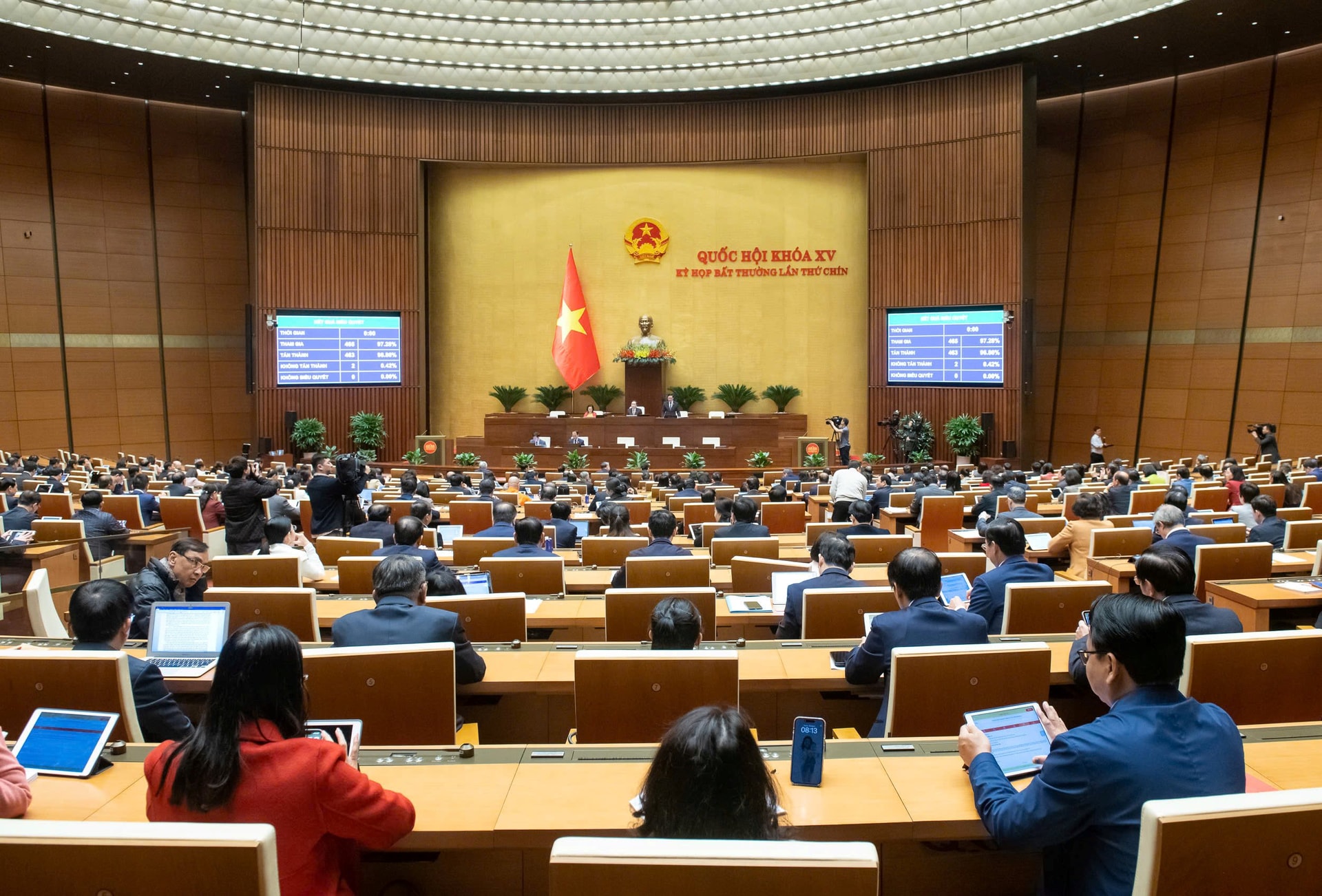
The law stipulates that the Government will work collectively, make decisions by majority, with regular monthly meetings and thematic meetings when requested by the Prime Minister or the President. In particular, if necessary, the Prime Minister may request members of the Government to give their opinions in writing.
In addition, the Law also clearly stipulates the consultation of relevant organizations and agencies during the policy promulgation process, especially for ethnic policies, there must be the participation of the National Assembly's Ethnic Council.
Entry into force and transitional provisions
The Law on Government Organization (amended) will take effect from March 1, 2025. This Law replaces the Law on Government Organization No. 76/2015/QH13, which has been amended and supplemented by a number of articles under Laws No. 47/2019/QH14 and No. 20/2023/QH15. Provisions related to the tasks and powers of the Government, the Prime Minister and the Ministers will be adjusted to comply with the new provisions of this Law.
For current laws, resolutions of the National Assembly and ordinances and resolutions of the National Assembly Standing Committee that are not consistent with the provisions of this Law, competent authorities will have two years to adjust and unify them with the provisions of the Law on Organization of the Government (amended).
While waiting for competent authorities to issue regulatory legal documents, current legal provisions will continue to be effective until amended, supplemented or replaced documents are issued.
The adoption of the Law on Government Organization (amended) is an important step in perfecting the legal system and the State's administrative apparatus, aiming to improve the efficiency, transparency and service of the Government to the people and society. This Law not only demonstrates innovation in the organization and operation of the Government but also contributes to promoting administrative reform, building a modern and effective administration in the digital age.
Source: https://baotainguyenmoitruong.vn/quoc-hoi-bieu-quyet-thong-qua-luat-to-chuc-chinh-phu-sua-doi-voi-ty-le-tan-thanh-cao-386700.html



![[Photo] National Assembly Chairman Tran Thanh Man receives Cambodian Senate President Hun Sen](https://vphoto.vietnam.vn/thumb/1200x675/vietnam/resource/IMAGE/2025/9/1/7a90c9b1c1484321bbb0fadceef6559b)
![[Photo] General Secretary receives heads of political party delegations from countries attending the 80th anniversary of our country's National Day](https://vphoto.vietnam.vn/thumb/1200x675/vietnam/resource/IMAGE/2025/9/1/ad0cb56026294afcae85480562c2e790)
![[Photo] Solemn reception to celebrate the 80th anniversary of the National Day of the Socialist Republic of Vietnam](https://vphoto.vietnam.vn/thumb/1200x675/vietnam/resource/IMAGE/2025/9/1/e86d78396477453cbfab255db1e2bdb1)
![[Photo] People eagerly wait all night for the parade on the morning of September 2](https://vphoto.vietnam.vn/thumb/1200x675/vietnam/resource/IMAGE/2025/9/1/0cf8423e8a4e454094f0bace35c9a392)
![[Photo] Chu Dau Ceramics – Proud of Vietnamese identity at Exhibition A80](https://vphoto.vietnam.vn/thumb/1200x675/vietnam/resource/IMAGE/2025/9/1/c62ab2fc69664657b3f03bea2c59c90e)
![[Photo] Celebration of the 65th Anniversary of the Establishment of Diplomatic Relations between Vietnam and Cuba](https://vphoto.vietnam.vn/thumb/1200x675/vietnam/resource/IMAGE/2025/9/1/0ed159f3f19344e497ab652956b15cca)






















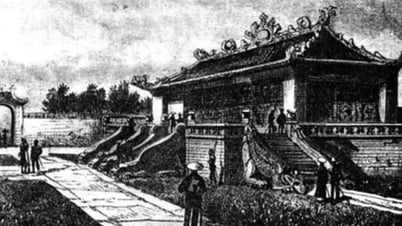
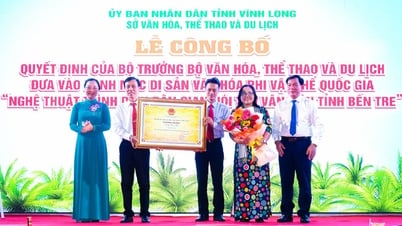




























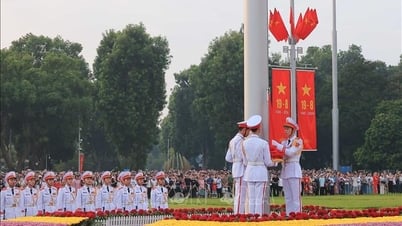



































Comment (0)